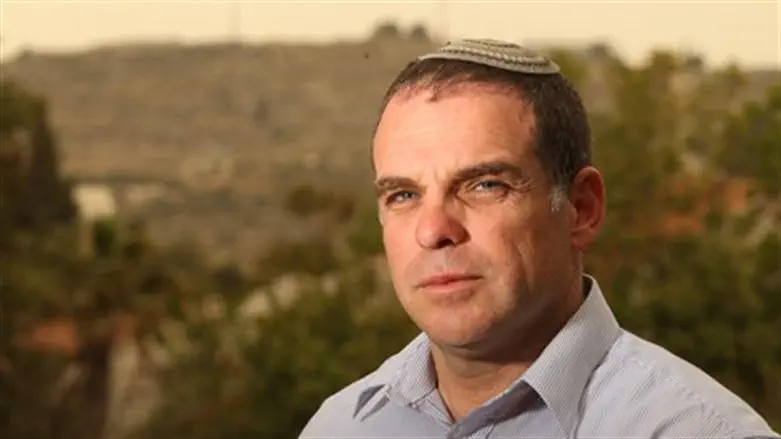
In a few days Netlix is going to be airing a new series called "Farha" whose subject is the battles of Israel's 1948 War of Independence, but which is actually a modern day blood libel. It shows IDF soldiers murdering a baby on purpose.
Israel has said nothing about it and refrained from fighting against broadcasting the series. The results of that silence could be felt in the hatred Israelis encountered in Qatar.
It is not too late to try to change this.
"If you were an Israeli, I would stop for you, but not allow you into my car" said a Qatari driver to Eli Ohana, former top Israeli soccer player who played in Europe and is now a sports commentator. Ohana flew to Qatar to broadcast his comments on the World Cup to Israel but shared, with unconcealed pain, the hatred of Israelis he encountered.
This was echoed by Guy Hochman, a media and internet personality, who encountered inexplicable hostility that brought about his immediate and hysterical deportation from Qatar after videos surfaced calling for his arrest because he served in the IDF. Other journalists, such as Ohad Ben Hamo, described the hate-filled epithets to which they were subjected.
The problem is that if we ask those Israel-haters to show us where Israel is located on the map, the vast majority of them would not be able to do so. They also know nothing of the medical aid Israel proffered to thousands of wounded Syrians during the civil war in that country, nor about the hundreds of thousands of PalestinianArabs who enter pre-1967 Israel daily to work, nor about the joint industrial areas. They know nothing of the running water and electricity that Israel supplies to the Palestinian Authority and Gaza (who have received enough donations to fend for themselves, but use the money for weaponry,ed.). They are educated by Netflix and the social media, tiktok and newspaper opinion articles.
Over the years, along with the Foreign Ministry staff, I have hosted quite a few European, American and Asian high level delegations – and even some from Arab states. When they arrive in Efrat, they discover that the roads in Gush Etzion serve both Jews and Palestinian Arabs who drive side by side, work with one another and whose way of life includes cooperation.
I am not under any delusions and will not describe the situation as one in which these Arabs have become convinced of the justice of our cause or turned into settlement supporters, but the demonization has been stopped. There is a certain internalization of the complexity of the subject, of the need to think differently and less about the good guys and the bad guys.
If we remain silent about "Farha," if we do not protest this series and act to prevent its going on the air, we will be allowing haters and provocateurs to blacken Israel even more than they do now. Another chapter in the saga of hatred will be publicized, and we will confront it on the nearby and distant Arab street. It is incumbent on the Members of Knesset, both opposition and coalition, the outgoing government and the ingoing one, as well as lovers of Israel the world over to join in demanding that Netflix cancel the series that, in addition to its blatant mendacity, can become an immediate danger to Israel and Israelis.
Oded Revivi is Mayor of the City of Efrat in Gush Etzion, formerly a practicing lawyer and head of the public relations department at the Council of Judea and Samaria Communities. He was chosen by the Jerusalem Post in 2020 as one of 50 influential Israei personalities of the year.
Arutz Sheva adds: click the link to join the petition against "Farha."
Translated by Rochel Sylvetsky